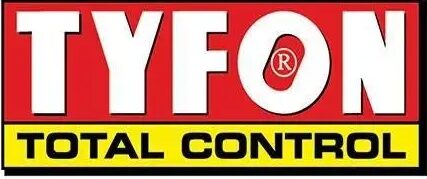Chemicals play a crucial role in controlling pest problems, whether they are insects, rodents, or other unwanted creatures. Different chemicals target specific pests, and it’s essential to use them safely and according to the manufacturer’s instructions. Here are some common chemicals used to control pest problems:
Insecticides
Insecticides are chemicals used to kill insects. They come in various forms, including sprays, dusts, and baits. Some common insecticides include:
- Pyrethroids: Synthetic chemicals that mimic the natural insecticide pyrethrin. They are effective against a wide range of insects and are commonly used in household insect sprays.
- Neonicotinoids: Systemic insecticides that are absorbed by plants and kill insects that feed on them. They are often used in agriculture but can also be found in household insecticides.
- Organophosphates: Insecticides that disrupt the nervous system of insects. They are highly toxic to insects and can also be harmful to humans and pets if not used correctly.
Rodenticides
Rodenticides are chemicals used to control rodents, such as mice and rats. They come in various forms, including baits, pellets, and powders. Some common rodenticides include:
- Anticoagulants: Chemicals that prevent blood clotting and cause rodents to die from internal bleeding. They are slow-acting, allowing the rodents to return to their nests, where they die and are less likely to be found by other animals.
- Zinc phosphide: A highly toxic chemical that reacts with stomach acid to produce phosphine gas, which is lethal to rodents. It is often used in rodent baits.
Herbicides
Herbicides are chemicals used to kill weeds. They can be selective, targeting specific types of plants, or non-selective, killing all plants they come into contact with. Some common herbicides include:
- Glyphosate: A broad-spectrum herbicide that is widely used to control weeds. It works by inhibiting a specific enzyme needed for plant growth and is considered relatively safe when used as directed.
- 2,4-D: A selective herbicide that targets broadleaf weeds. It is often used in combination with other herbicides to control a wide range of weeds.
Fungicides
Fungicides are chemicals used to control fungal diseases in plants. They come in various forms, including sprays, dusts, and granules. Some common fungicides include:
- Mancozeb: A broad-spectrum fungicide that is effective against many types of fungi. It works by inhibiting the growth of fungal cells and is often used in agriculture to control diseases in crops.
- Copper-based fungicides: Fungicides that contain copper compounds, which are toxic to fungi. They are often used in organic farming and gardening.
In conclusion, chemicals play a vital role in controlling pest problems, but it’s essential to use them safely and according to the manufacturer’s instructions. If you’re unsure about how to use a particular chemical, consult a pest control professional for advice.
